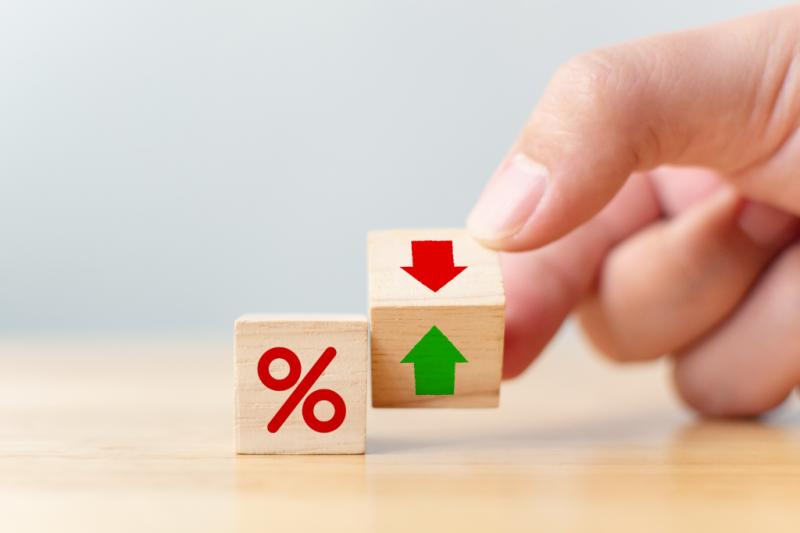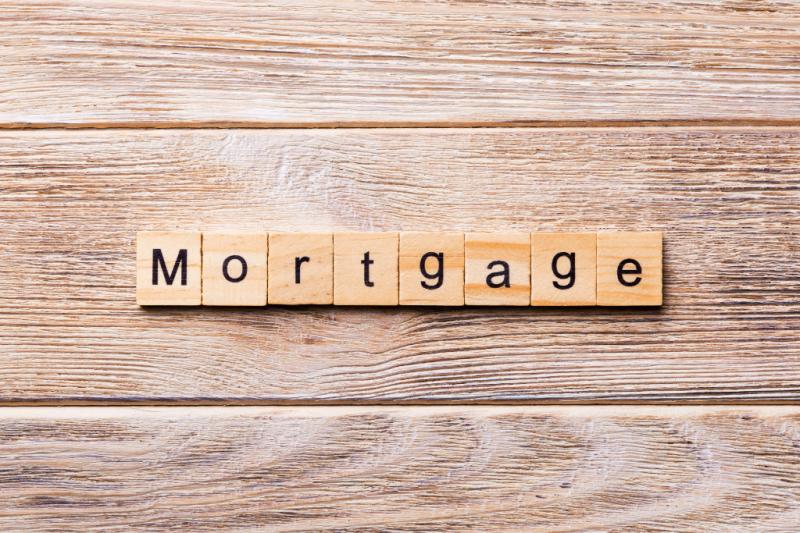Fixed Vs. Variable Rate Home Loans: Which Is Better?

If you’re thinking of getting a loan, there are several things you should consider, from the loan term to interest rates. One critical aspect is the type of interest rate you need. In general, you’ll have two options—fixed rate and variable rate.
But how do you know which one is better for you? To help you determine which option is most suitable for your financial situation, we’ll discuss the basics of each and enumerate their various advantages and disadvantages.
Variable Rate Home Loan: What Is It?
A variable rate home loan is a mortgage with interest rates that respond to market changes. This is why it’s also known as an adjustable-rate mortgage. Let’s dive deeper into home loan refinancing.
Variable interest rates are based on a specific benchmark index or reference rates such as the prime rate and the London Interbank Offered Rate (LIBOR). In general, lenders charge consumers a margin or spread over the selected benchmark rate to gain profit. This margin or spread will depend on different factors, including the type of asset, loan terms, and your risk level (credit rating and score).
The benchmark plus the lender’s spread or margin adds up to produce the actual interest rate charged to the consumer.

Pros Of Variable Rate Home Loan
The biggest advantage of this is it offers more flexibility and features. You can capitalize on falling rates, reducing the interest you’re charged with. In addition, variable rate loans are offered at a lower interest rate compared to fixed-rate loans.
Not only that, but a variable interest rate also allows you to make additional repayments on top of your minimum repayments, which can help reduce your loan term. It also allows you to keep your funds in an offset account to lower interest charges. Also, if you’re at least one full repayment ahead, your lender may allow for a redraw when you need the extra money.
Cons Of Variable Rate Home Loan
While variable rate mortgage loans have some appealing benefits, they also come with several drawbacks. Its biggest advantage can also quickly become its worst disadvantage. Since variable home loans are subject to fluctuating interest rates, if there’s an increase in interest rate, the amount of interest you’re charged can also increase.
Thus, this tends to provide less financial certainty than a fixed-rate mortgage. The uncertainty of when interest rates may rise or fall can also make it difficult to budget your money since you don’t know exactly how much your repayments will be.
Fixed-Rate Loan: What Is It?
As simple as it sounds, a fixed-rate mortgage has the same interest rate for the entirety of your loan term. This means that the cost of borrowing funds stays constant throughout the life of the loan and won’t change with market fluctuations.
For instance, a 30-year fixed rate home loan (the most common mortgage term) will keep the same interest rate for the whole 30 years. The monthly loan repayment calculation is based on the interest rate, locking in the rate results in the same interest and principal payment every month.
Pros Of A Fixed Rate Home Loan
In general, this is preferred by homeowners because it allows them to budget and plan for their monthly payments. This is particularly beneficial for consumers with stable but limited finances since it protects them against fluctuating interest rates that could potentially increase the cost of their loan.
More importantly, a fixed-rate mortgage will give you peace of mind, knowing exactly how much your repayments will be for the duration of your loan.
In addition, with the lending industry becoming more competitive than ever, some lenders are now allowing offset accounts on their loans. Even though some lenders may limit the number of funds that can be offset, it can be beneficial in reducing the interest costs. Take note, however, that some lenders don’t often promote these additional benefits. So, make sure to ask your lender before signing up with them.
Cons Of A Fixed Rate Home Loan
Since it’s fixed, you should expect a restrictive and limited mortgage term. In general, it limits your ability to pay off your loan faster by restricting extra payments or capping your repayments at a certain amount per year. There are also significant break fees you need to consider if you wish to sell your home, refinance, or pay off your mortgage in full before the term has ended.
Also, signing up for this means you won’t benefit from interest rate drops in the market or any cuts that your lender makes to their home loan rates.
Fixed Vs. Variable: Which Is The Better Interest Rate Option?
The answer will differ from one person to another and their financial situation. Generally, a fixed rate is the better option if you want a certain schedule in the home loan repayment. This is especially true if you have a longer loan period since no one can really predict how the market moves.
That said, a variable-rate mortgage is better if you value flexibility over certainty. It’s also suitable for people borrowing for the short term and predicts that the market may drop sooner.
Takeaway
No interest type is better than the other—it all comes down to your requirements and financial goals. Whether you’re applying for a home loan for the first time or refinancing your mortgage, understanding the differences between fixed and variable interest rates can help you decide which suits your needs. This article has provided you with valuable insight into which type of interest rate can help you save more and meet your financial goals.
More to Read:
Previous Posts:










